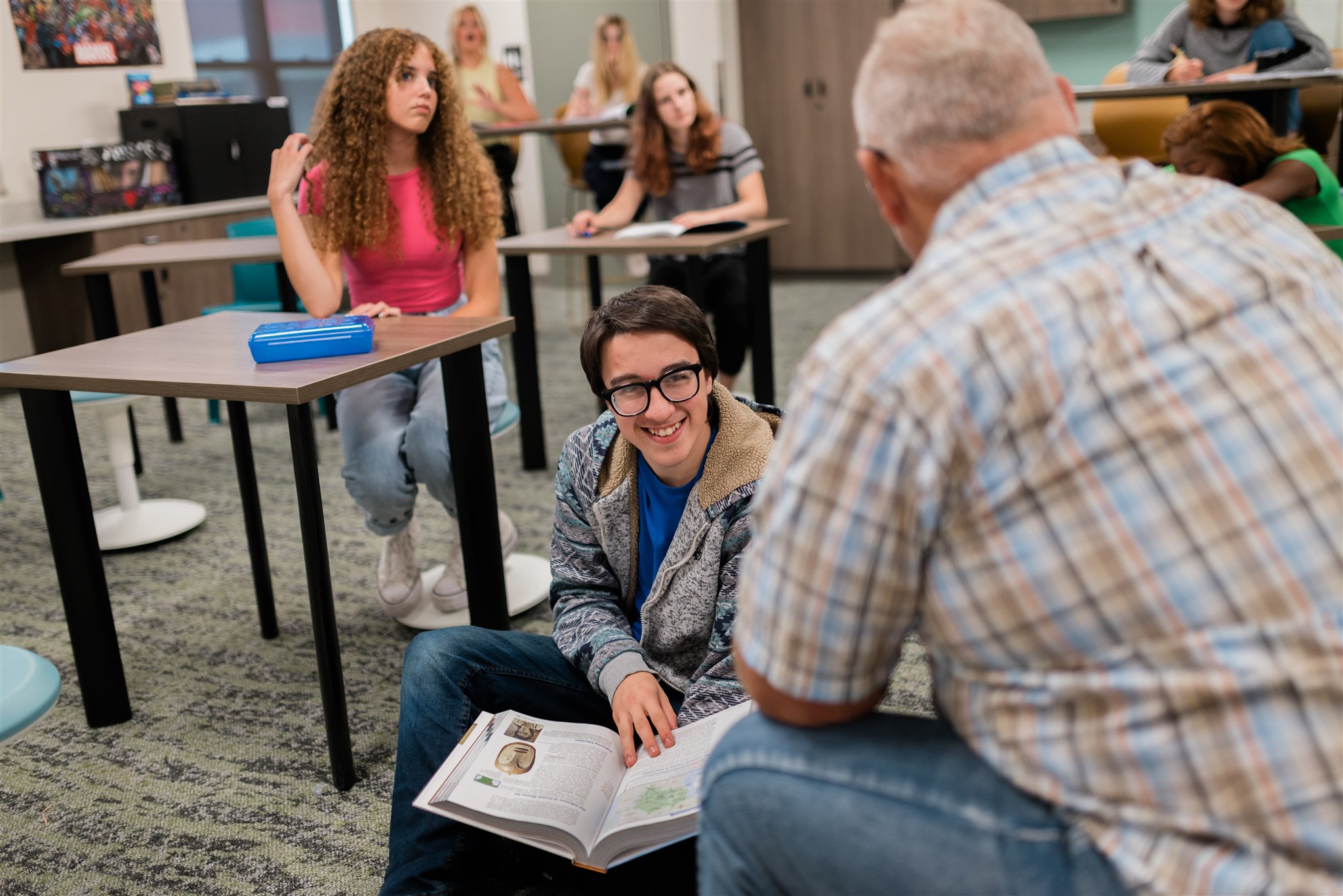Overcoming Schoolwork Challenges with Collaborative Problem Solving: A Guide for Parents of Teens
As your child enters their teenage years, new challenges may arise, including difficulties with completing schoolwork. Collaborative Problem Solving (CPS) can be a valuable tool for addressing these issues by fostering open communication, empathy, and collaboration between you and your teen. In this follow-up blog, we will explore how parents can use CPS to help their teens overcome schoolwork challenges, with detailed examples of the conversations involved.
Setting the Stage for Collaborative Problem Solving
Choose the Right Time and Place:
Select a calm, quiet, and comfortable environment to engage in the CPS process with your teen. Avoid initiating the conversation during a time of heightened emotions or distractions.
Establish a Collaborative Atmosphere:
Begin the conversation by expressing your desire to work together to understand and address the issue. Make it clear that your goal is not to blame or punish, but to collaborate in finding a solution that works for both of you.
The CPS Conversation in Action
Example 1: Incomplete Homework
Step 1: Empathy
Parent: “I’ve noticed that you’ve been having trouble completing your homework lately. Can you help me understand what’s going on from your perspective?”
Teen: “I just feel overwhelmed by all the assignments, and I don’t know where to start.”
Step 2: Define Adult Concerns
Parent: “I understand how overwhelming it can be. My concern is that not completing your homework could affect your grades and make it harder for you to achieve your academic goals.”
Step 3: Invitation to Collaborate
Parent: “What do you think we could do to help you manage your homework better? Let’s brainstorm some ideas together.”
Teen: “Maybe I could create a schedule to break down the assignments into smaller tasks.”
Parent: “That sounds like a good start. We can also explore other strategies, such as setting aside specific times for homework or finding additional resources to support your learning.”
Example 2: Poor Test Performance
Step 1: Empathy
Parent: “I noticed that you didn’t do as well as you’d hoped on your recent math test. How are you feeling about that?”
Teen: “I’m really frustrated. I thought I understood the material, but I just froze during the test.”
Step 2: Define Adult Concerns
Parent: “I can imagine how frustrating that must be for you. My concern is that if this continues, it might affect your confidence and your ability to perform well in future tests.”
Step 3: Invitation to Collaborate
Parent: “What are some ways we could work together to help you feel better prepared for tests?”
Teen: “Maybe I could practice with some sample problems or get extra help from my teacher after school.”
Parent: “Those are great ideas. Let’s make a plan to implement these strategies and monitor how they work for you.”
Collaborative Problem Solving offers a powerful approach to helping parents of teens address schoolwork challenges. By engaging in empathetic, open, and collaborative conversations, parents can better understand the underlying issues their teens face and work together to develop effective solutions. By following the steps and examples provided in this blog, you can support your teen in overcoming schoolwork challenges and achieving greater academic success.

